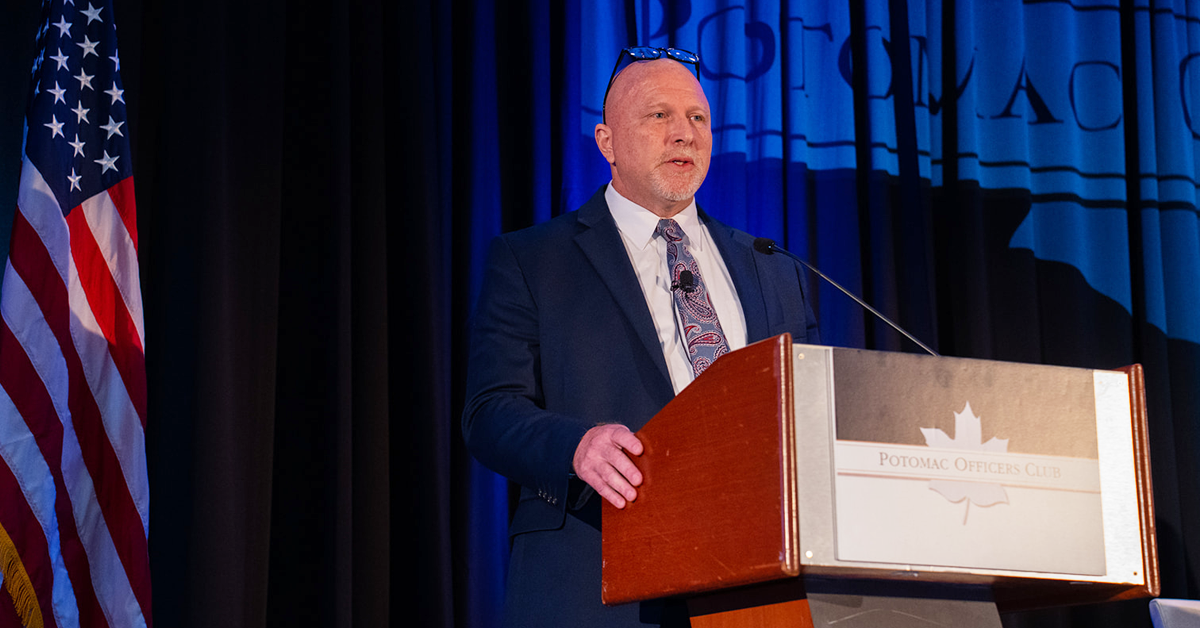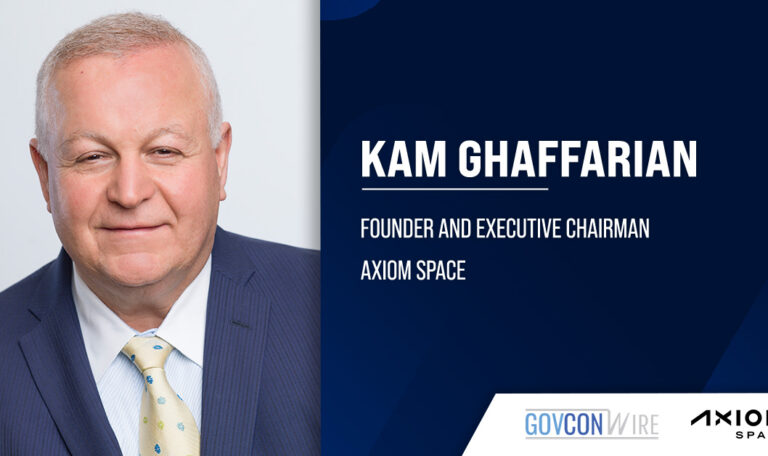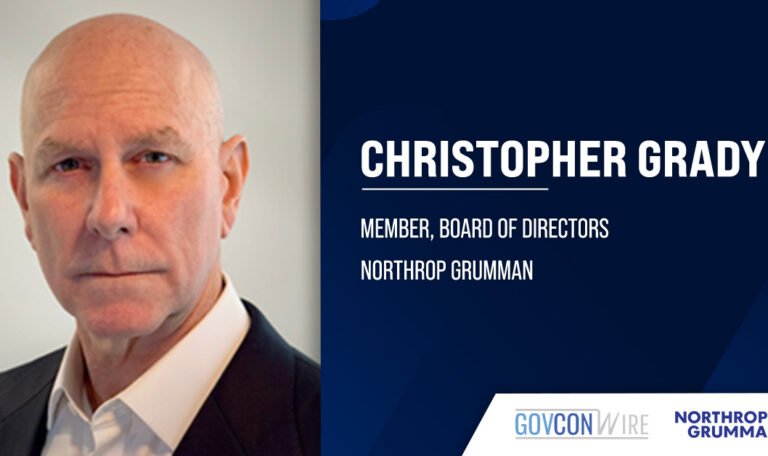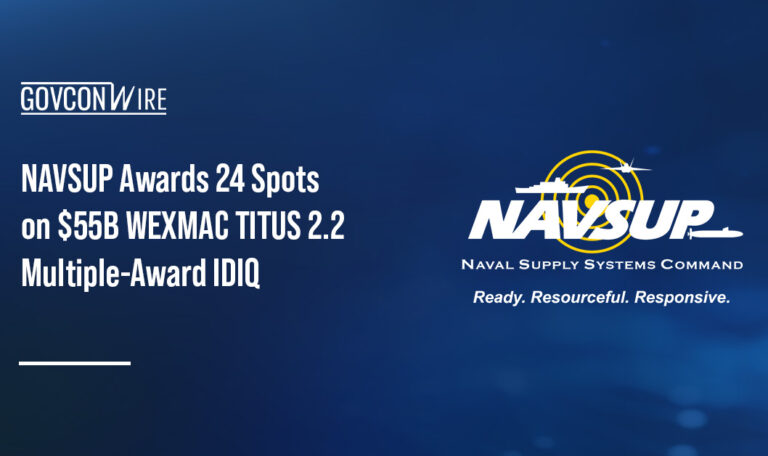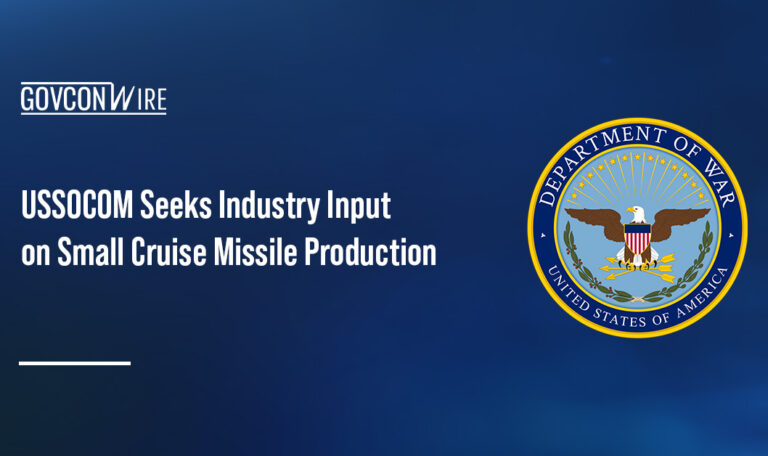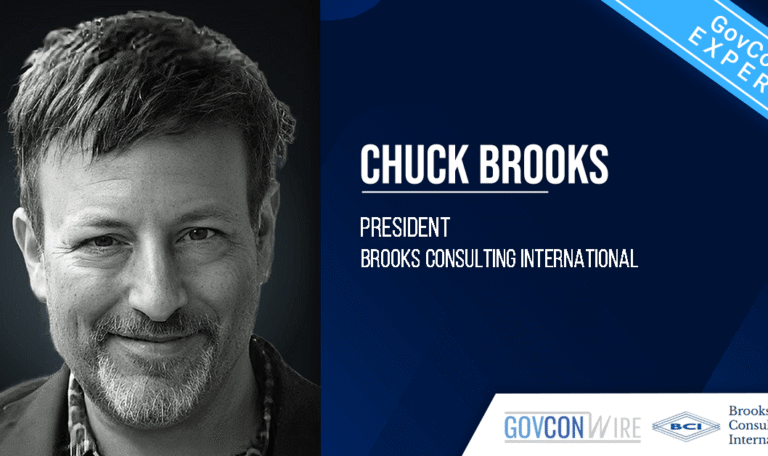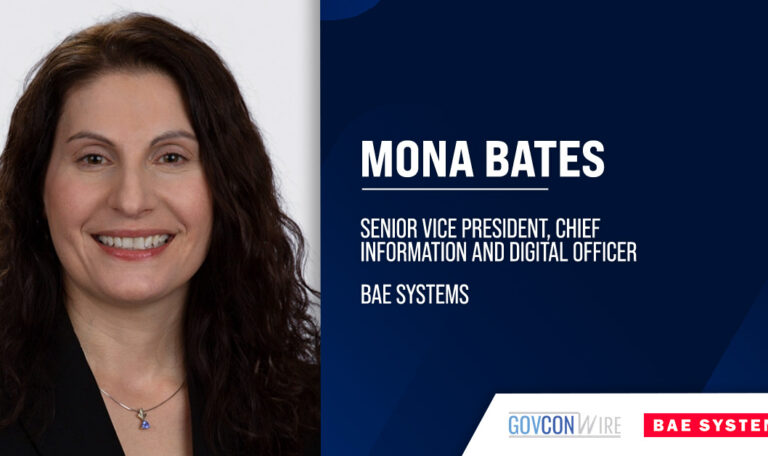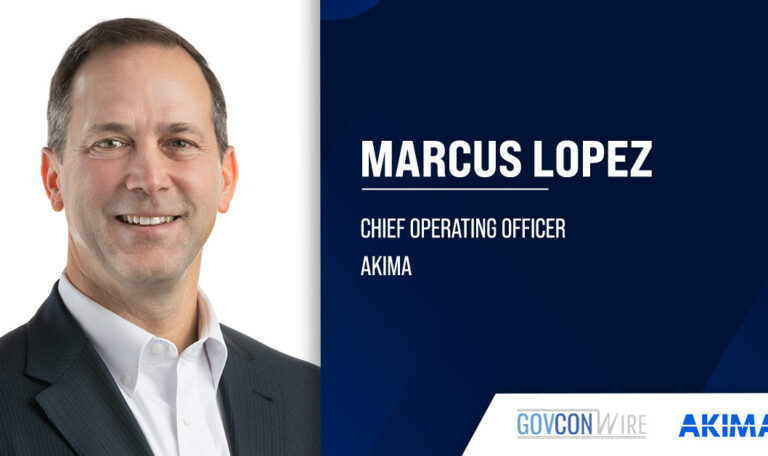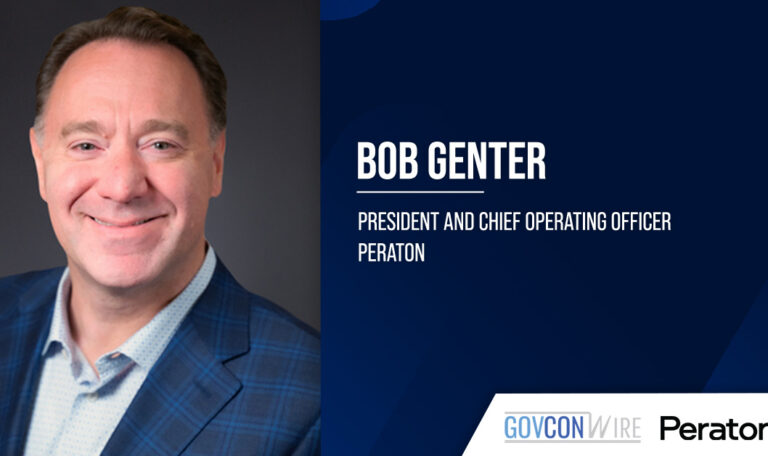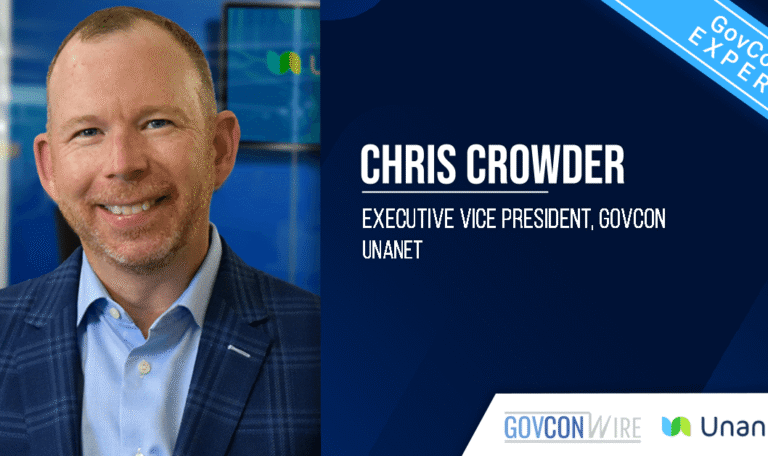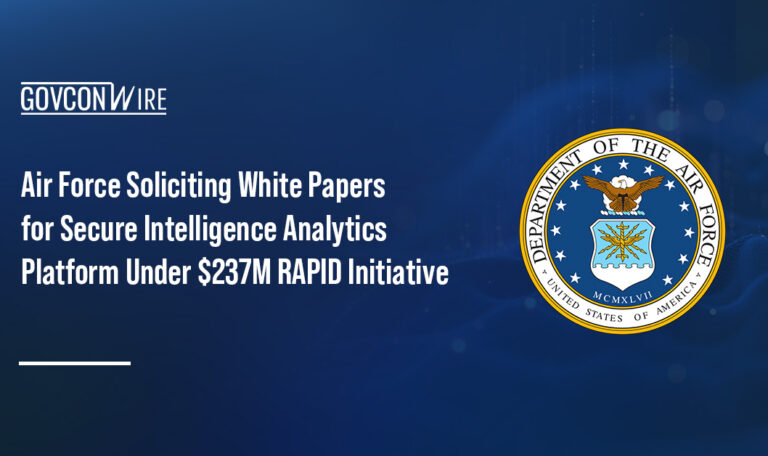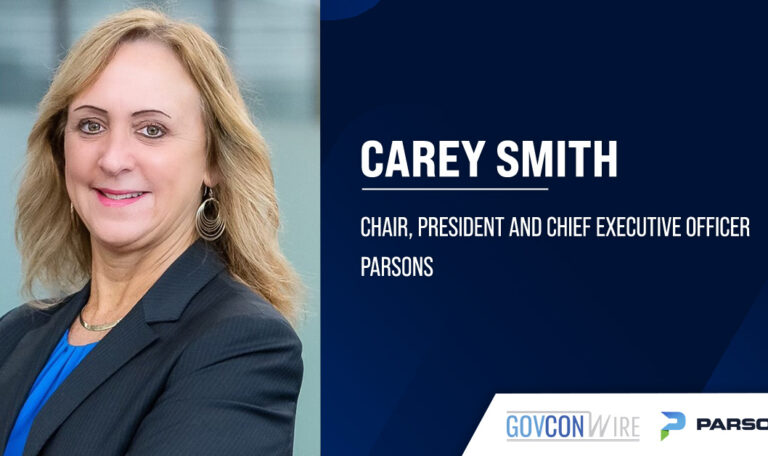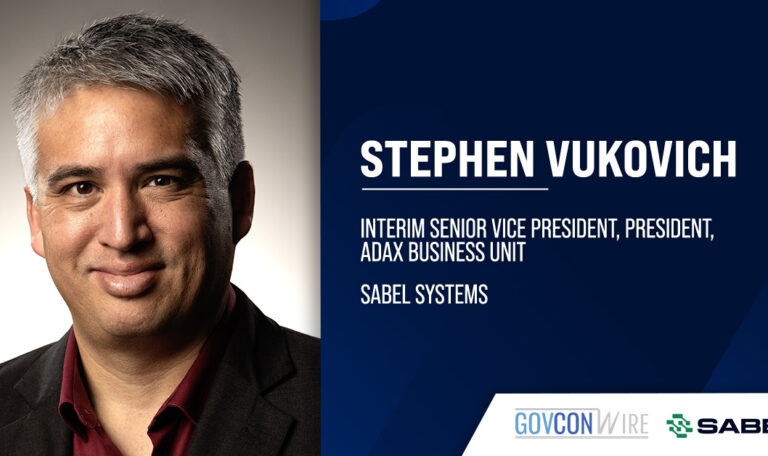Quantum computing is a rapidly-growing technology that, when fully developed, will far surpass the capabilities of classical computers. But although these capabilities are still years out from being realized, public and private sector leaders are already anticipating the threats that will emerge from quantum computing, and they’re working to stay ahead of the curve to protect their systems and data before it’s too late.
David McKeown, deputy chief information officer for cybersecurity and senior information security officer, said the Department of Defense is already taking precautions against potential future quantum threats by modernizing its cryptography, which he said in most cases is “either obsolete or nearing obsolescence.”
“We’ve got a very large-scale crypto modernization program going on within the department,” the 2023 Wash100 Award winner shared during a closing keynote address at the Potomac Officers Club’s 2023 Cyber Summit. “And this involves NSA writing algorithms that we’re going to move to that are quantum resistant, and it involves the services buying new equipment to put in their weapon systems and communications platforms.”
But because the field is still relatively nascent and not yet fully understood or operational, McKeown said the Pentagon will have to pay close attention to modernizing and updating its cryptography continuously in order to not fall behind adversarial threats.
“And when we get to the end of that, we’ll probably repeat, repeat, repeat, repeat, because we have to stay ahead of the adversary with our cryptography,” McKeown said.
The DOD’s crypto modernization efforts align with its broader cybersecurity and technology modernization goals. After awarding the long-awaited Joint Warfighting Cloud Capability contract in December 2022, the DOD is working to help other components and agencies move forward with cloud adoption and migration while keeping security at the forefront.
McKeown said the Pentagon has been working on a “build your own on-premises cloud” that can help organizations achieve certain zero trust standards.
“We have the ingredients for that that gets you to the advanced levels of zero trust, so those recipe books are out there. We’re making great progress,” he explained.
Randy Resnick, who serves as the director of the Zero Trust Portfolio Management Office and also spoke as a panelist during the POC Cyber Summit, is leading this effort, and McKeown said industry companies are now helping him design the strategy and the implementation plan for the “build your own” cloud.
“We’ve been putting it in the programming guidance for the services so that they start building toward it. We’ve been checking their homework,” said McKeown. “Randy also holds sessions where they show what they’re doing and we kind of bounce ideas back and forth with each other about the way ahead.”
Don’t miss your next chance to hear from key government decision makers and leaders — join the Potomac Officers Club’s Annual Navy Summit on June 21 to be a part of timely, insightful conversations with key figures from the U.S. Navy and industry. Register here to save your spot.



